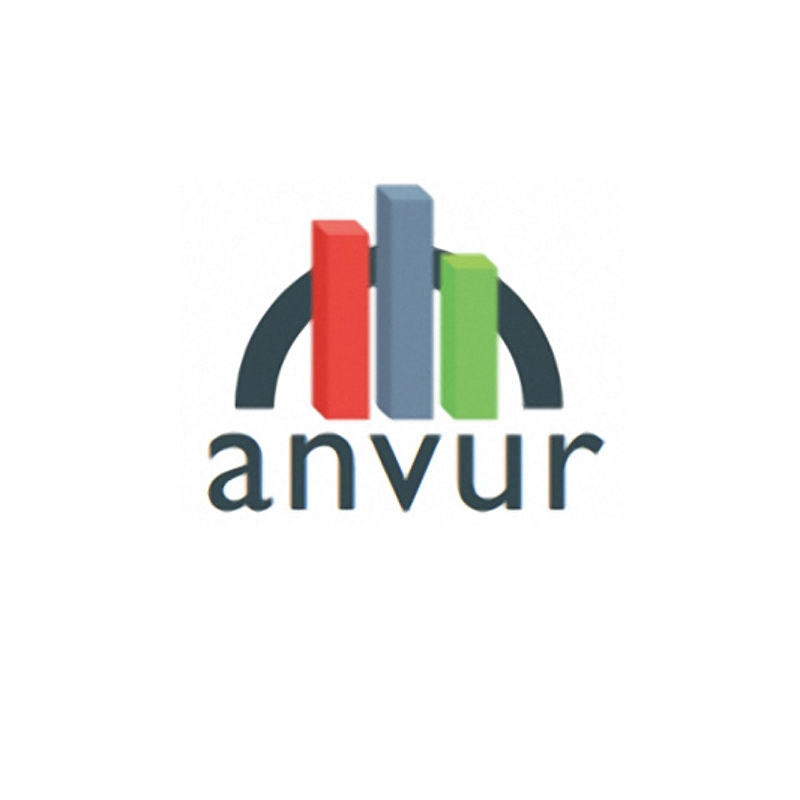Universities and research institutes have come a long way from their traditional “ivory tower” stance to assume an increasingly dynamic societal role, through the processes of “third mission” or knowledge exchange. They have gradually become protagonists of a collaborative effort to put knowledge, research and teaching at the service of society, and to actively contribute to its development in a broad variety of fields (public engagement, innovation, culture, sustainable development, etc.).
By their very nature, “third mission” or knowledge exchange activities are a privileged test bed for experimenting with an enhancement-oriented approach. This growing orientation is particularly relevant for higher education and research institutions, because it allows to trace a common thread between the traditional teaching and research missions, the various actors involved (researchers, students and staff members) and the territorial contexts to which the institutions belong: it allows an integrated vision of the institutions, in which the “third mission” and the impact it generates is seen transversally to the other functions.
Quality assurance agencies are aware of this turn and they are increasingly combining a traditional assurance or compliance role with a more facilitative and enhancement one.?It therefore seemed interesting to promote a dialogue between agencies and initiatives that have paid particular attention to this issue, in order to exchange experiences and stimulate shared reflection on the topic of societal impact and cross-fertilization of university’s missions.
As part of ANVUR’s growing openness to international collaboration, the following partner agencies and higher education providers were invited to present their activities and perspectives: the Holy See’s quality agency AVEPRO, promoter of an approach to knowledge transfer firmly based on accompaniment and enhancement; the Aragon agency for quality assurance ACPUA, which contributed to the development of a protocol for monitoring the integration of sustainability objectives in all dimensions of university life; the KE Concordat, a joint exercise by higher education bodies across the UK to strengthen awareness and good practices in the field of knowledge transfer; and ANVUR, which carries on a reflection started several years ago on the different forms of social engagement promoted by Italian universities and research institutes and on the criteria for measuring and enhancing their impact.



